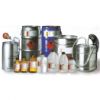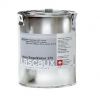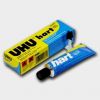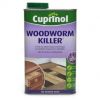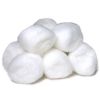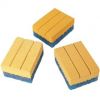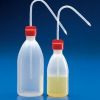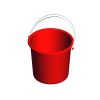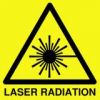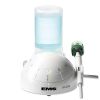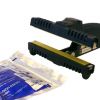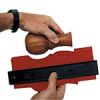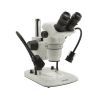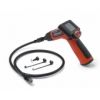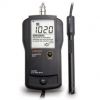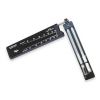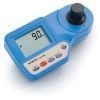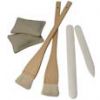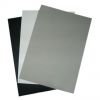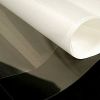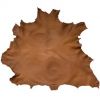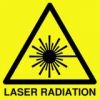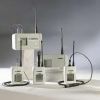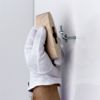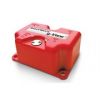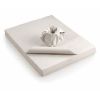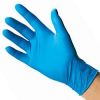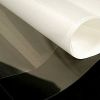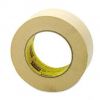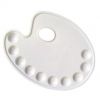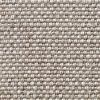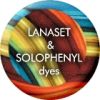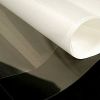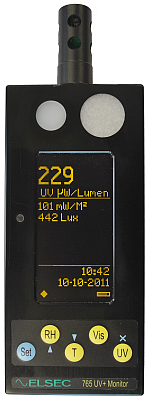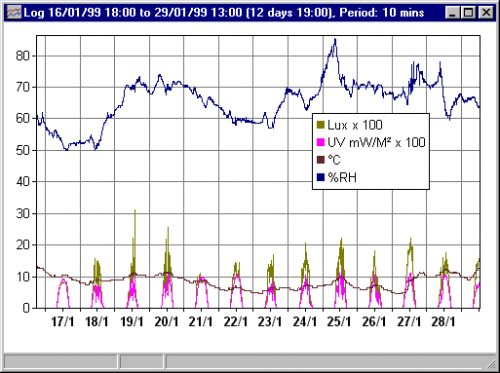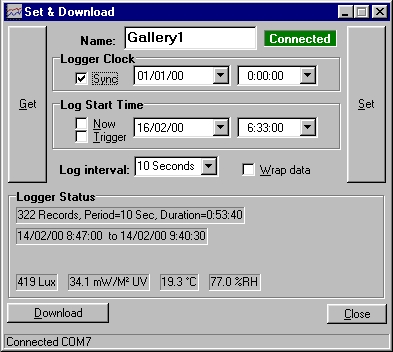This single instrument enables measurement of the four parameters that cause most damage to buildings, valuable objects, documents etc: ultra-violet and visible radiation, humidity and temperature.
Ultraviolet (UV)
For many years it has been recognised that one of the major causes of damage to museum objects and other sensitive objects, soft furnishings etc is the fading and rotting effect of light on the object. The most damaging part of the illumination is its ultraviolet content. Since 1976 Littlemore Scientific
(ELSEC) has been providing instruments that enable the conservator to measure the UV content of light and thereby protect valuable exhibits. Using the 765, measurements can be taken of the proportion of UV present (W/lumen), the total amount of UV (mW/M²)
Visible Light
The amount of visible light is important, not only to check illumination in work areas, galleries etc but also to control damage to light sensitive objects that is also caused by normal light. Measurements can be displayed as Lux or Foot-candles.
Data Logging
The optional data-logging function (type 765C) enables over 73,000 readings of all four parameters to be automatically taken at selectable intervals (every 10 seconds to 1 hour). The saved data can then be transferred to a computer by a standard USB interface. The 765C behaves like a “flash disk”, when it is plugged into a PC it is automatically recognised without any special PC software. When logging data the 765 can be turned off to save power and the built in clock will turn the unit on whenever a reading needs to be taken, this enables a 765 to be left taking readings for months at a time.
Software is provided to display the measurements as graphs or text. Data is saved in CSV format that can be accessed and displayed by many programs (e.g. Microsoft Excel).
Easy to use
Much trouble has been taken to make the 765 as easy to use as possible. Anyone can take measurements straight out of the box with little, if any, reference to the instruction manual. The
appropriate button is pushed depending on the measurement required and the reading is taken. The unit automatically turns off 20 seconds after the last reading unless a button is held down for over 3 seconds, this causes continuous measurements to be taken until another button is pressed.
The large OLED display enables an easy to use menu system to select the more advanced functions, change units etc.
Units of measurement for UV
Traditionally UV has been measured in museums as the proportion of ultraviolet present. This result is useful for checking a particular lamp or window because the proportion of UV does not change with the distance from the light source.
Using a simple rule, the amount of UV on an object can be limited (it is usual to arrange that the proportion of UV should not exceed 75microW/lumen in museums). The damage is done bythe total amount of UV falling on the object, so it is useful to be able to measure this directly, especially if non standard amounts of illumination are required. The amount of UV should be as little as possible but in general should not exceed 20mW/M2.
|
Visible wavelength range
|
400 - 700 nm.
|
|
Visible power range
|
0,1 - 200.000 Lux (0,1 - 20.000 Foot-candles)
|
|
UV wavelength range
|
300-400 nm
|
|
UV power range
|
2 - 10.000 mW/m2
|
|
UV proportion range
|
0-10.000 microW/Lumen
|
|
Display resolution
|
Lux: 0.1 up to 100 then 1
Foot-candles: 0.1 up to 100 then 1
UV: 0.1 up to 100 then 1
Proportion of UV: 1 microW/Lumen
Temperature: 0.1 C or F
RH: 0.1%
|
|
Accuracy
|
Visible: 5% 1 displayed digit
UV: 15% 1 displayed digit
Temperature: 0.5C (0.9F)
RH: 3.5% 10%-90%, otherwise 5%
|
|
Memory:
|
EEPROM 73.000
|
|
Computer Interface
|
USB
|
|
Batteries
|
4 off NiMH AAA type.
Battery Life Approx 25 Hours continuous use or 3,000 readings taking 30 seconds each.
Charger Input: 100-240V 50-60Hz Output: 5V (USB connector)
|
|
Dimensions
|
170 x 60 x 15mm 6.7 x 2.4 x 0.6 inches Including RH/Temperature probe
|
|
Weight
|
240g with batteries.
|



